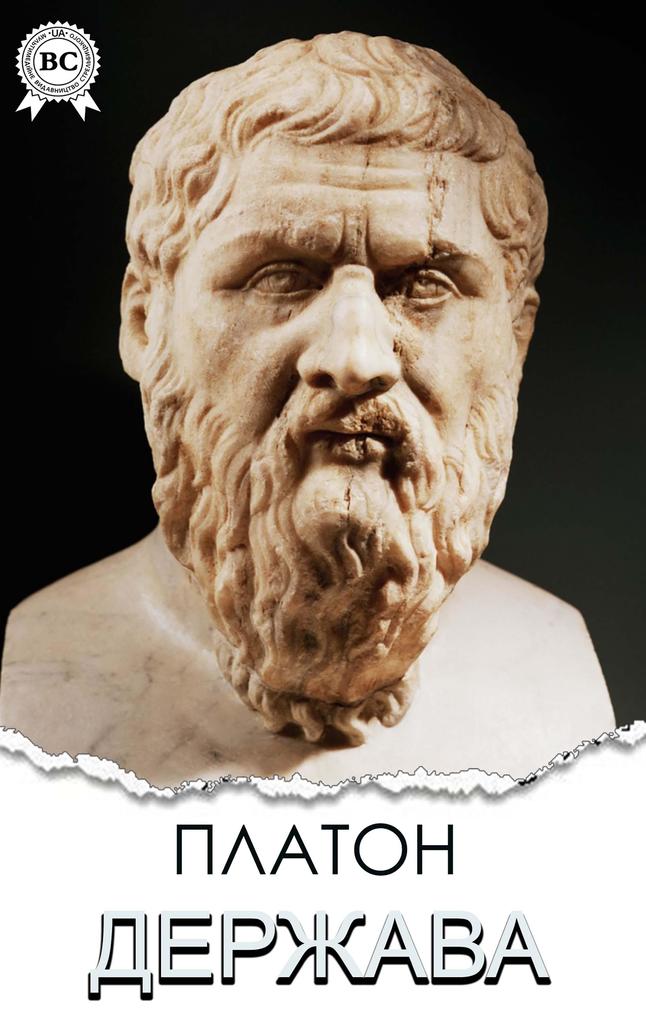
Sofort lieferbar (Download)
"The State" is Plato's dialogue devoted to the problem of the ideal state. It was created in 360 BC. According to Plato, the state is the embodiment of the idea of justice. In the dialogue, for the first time, philosophers are clearly indicated as people who are able to grasp what is always identical to oneself.
The dialogue contains a systematization and a short critical analysis of the types of state system (the ideal "state of the future", which does not yet exist, is not included in it), arranged by Plato according to the criterion of gradual degradation, which has the appearance of evolution in time, but the irreversibility of such evolution is not directly asserted, and the question of the inevitability of degradation is not clearly stated, so if you wish, this degradation can only be considered a description of a certain trend, very similar to the decline of the primitive democracy. This is the measure of the types of state (from the best to the worst): Aristocracy and Monarchy, Timocracy, Oligarchy, Democracy, Tyranny.
Plato is the author of many philosophical works: Charmides, Euthydemus, Euthyphro, Critias, Minos, Eryxias, Alcibiades the First, Socratic Apology, Hippias the Great, etc.
Translated into Ukrainian by Yaroslav Mishanych.
The dialogue contains a systematization and a short critical analysis of the types of state system (the ideal "state of the future", which does not yet exist, is not included in it), arranged by Plato according to the criterion of gradual degradation, which has the appearance of evolution in time, but the irreversibility of such evolution is not directly asserted, and the question of the inevitability of degradation is not clearly stated, so if you wish, this degradation can only be considered a description of a certain trend, very similar to the decline of the primitive democracy. This is the measure of the types of state (from the best to the worst): Aristocracy and Monarchy, Timocracy, Oligarchy, Democracy, Tyranny.
Plato is the author of many philosophical works: Charmides, Euthydemus, Euthyphro, Critias, Minos, Eryxias, Alcibiades the First, Socratic Apology, Hippias the Great, etc.
Translated into Ukrainian by Yaroslav Mishanych.
Produktdetails
Erscheinungsdatum
28. Juli 2022
Sprache
ukrainisch
Seitenanzahl
653
Dateigröße
0,92 MB
Altersempfehlung
von 16 bis 99 Jahren
Autor/Autorin
Plato
Übersetzung
Yaroslav Myshanich
Verlag/Hersteller
Originalsprache
griechisch
Kopierschutz
mit Wasserzeichen versehen
Family Sharing
Ja
Produktart
EBOOK
Dateiformat
EPUB
ISBN
9780880038355
Entdecken Sie mehr
Bewertungen
0 Bewertungen
Es wurden noch keine Bewertungen abgegeben. Schreiben Sie die erste Bewertung zu "The State" und helfen Sie damit anderen bei der Kaufentscheidung.









